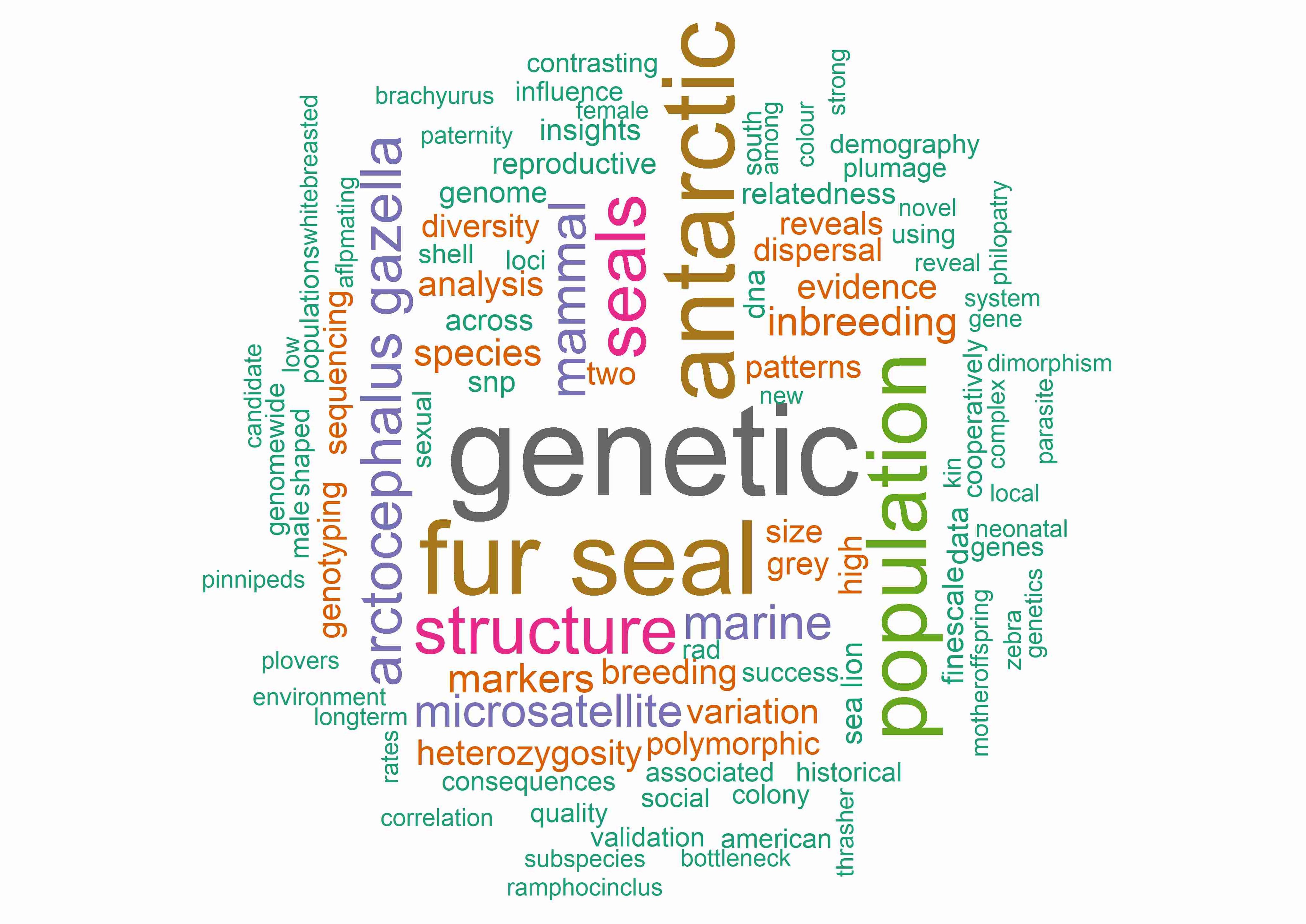One of the most fundamental goals of evolutionary and conservation biology is to elucidate the mechanisms linking genotype to fitness. This is not only essential for understanding microevolutionary processes and eco-evolutionary dynamics, but also has a bearing on important problems facing society, such as the global biodiversity crisis and climate change. To shed new light on these mechanisms, we use a combination of classical population genetics and state-of-the-art population genomics to study wild populations. Our research is producing increasingly powerful insights into the genetic underpinnings of fitness variation.
Much of our work is based on highly detailed long-term studies of wild populations such as fur seals breeding in the sub-Antarctic. These systems provide a wealth of individual-based data that can be linked to genotype. For instance, we recently used detailed genetic, life-history and environmental data to show that climate change is selecting for increased genetic diversity in a declining fur seal population. Building upon the theme of climate change, we are also combining genomic data with geographical, time series and experimental approaches to explore the genetic basis of adaptation to environmental change, using marine invertebrates as model systems.






